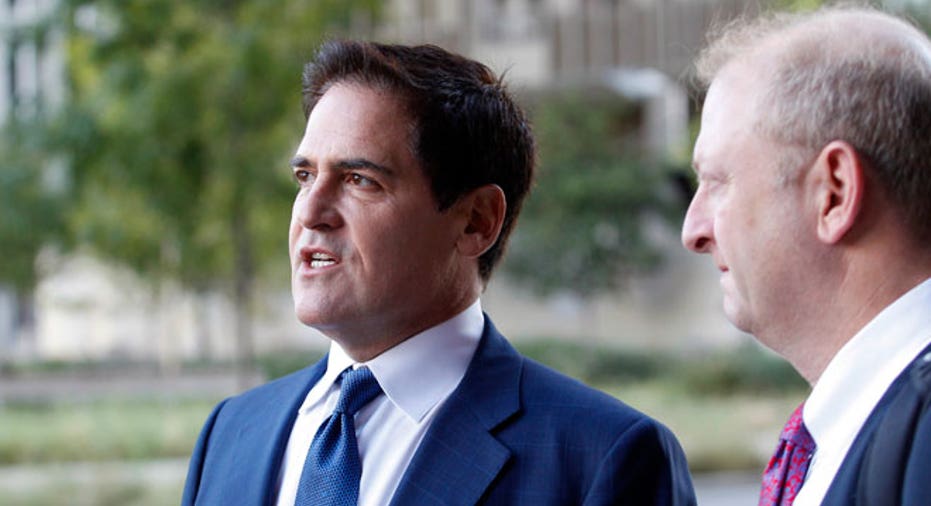Cuban: Regulation to Make Internet 'More Complicated'

After months of deliberation, the Federal Communications Commission (FCC) approved Title II regulation to enforce net neutrality, in a 3-2 vote.
The move aims to regulate the Internet like a utility, by using a provision from the Communications Act of 1934.
The FCC decision could be considered a victory for Internet giants including Google (NASDAQ:GOOGL) and Netflix (NASDAQ:NFLX), and a disappointment for cable providers like Comcast (NASDAQ:CMCSA).
Billionaire entrepreneur Mark Cuban has been a vocal critic of Title II reform, and told FOXBusiness.com that he’s concerned that the new regulation could make the Internet “even more complicated.” Net neutrality is “likely to constrain technological advancements on the net.”
Cuban goes so far as to claim that the Internet regulation could have negative implications for television and other platforms.
“When all bits are treated equal on a fair and open Internet, there is a good chance the TV bits have to be treated the same way, or managed services will create a workaround that makes the Internet even more complicated," he said.
Twitter (NYSE:TWTR) and other Silicon Valley companies have mostly been in favor of the Title II method of regulating the Internet. Their concern was that cable giants like Comcast could potentially create an Internet “fast lane,” charging more for speedy service. Internet companies have claimed that such hefty fees could curtail innovation. Meanwhile, the cable companies maintain that they do not have the intention to impose new costs and that the implementation of Title II could have unintended consequences. Some opponents to the new regulation have expressed concern that it could be used to regulate consumer pricing.
“Today’s decision by the FCC to encumber broadband Internet services with badly antiquated regulations is a radical step that presages a time of uncertainty for consumers, innovators and investors," Verizon Communications (NYSE:VZ) said in a statement.
“The Internet is not broken. The Internet does not need the FCC,” Rep. Marsha Blackburn, (R-Tenn.), said in a televised interview on FOX Business Network. “This is another federal government overreach.”
President Obama has spoken in favor of the net neutrality regulation. FCC Commissioner Tom Wheeler was originally considered an opponent to Title II reform, but in recent weeks changed his tune under mounting pressure from Internet companies and public interest groups.
In a statement, the FCC said, that the “Commission today set sustainable rules of the roads that will protect free expression and innovation on the Internet and promote investment in the nation’s broadband networks.”
Although the FCC vote is forceful, it is unlikely to put an end to the regulatory debate. The decision may be challenged in the appellate courts and Congress.
“This is where the courts take over,” Cuban cautioned.



















